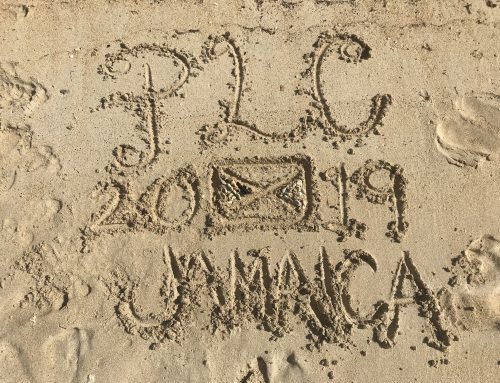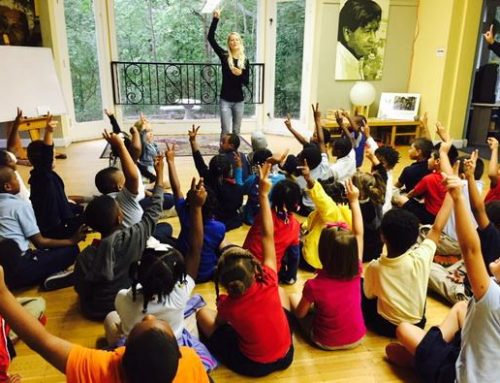by Naeemah Jackson, Family Programs Director
Why are Black mothers and babies in the United States dying at more than double the rate of White mothers and babies? The answer has everything to do with the lived experience of being a Black woman in America. – Linda Villarosa, “Sunday New York Times Magazine” April 15, 2018
For the past year, I have been working with women’s organizations who are proactively addressing the issues of high Black infant mortality rates; and the high death rates of low-income Black women after childbirth (including uterine infections).
At least 75% of participants in Peace Learning Center’s Family Programs live at or below the federal poverty guidelines. This does not mean that most mothers I work with are unemployed – too many are, however; even those that are employed find themselves working for low wages that keep them at or below the poverty rate. Currently, seven mothers are enrolled at Ivy Tech, IUPUI, and IU Bloomington. One has become a licensed Doula as she has seen first hand the perils of this deleterious phenomenon that is finally coming to national attention.
“Your ZIP code matters more than your genetic code,” said Dr. Anthony Iton, senior vice president of the California Endowment. “Where you live predicts how long you will live.”.
If you’re an African-American born in the 46312 ZIP code — East Chicago, an economically depressed Rust Belt city in Indiana’s northwest corner — you have a 1 in 36 chance of dying before your first birthday.
By comparison, if you’re a white person born in a ZIP code in Hamilton County — a wealthy, suburban enclave north of Indianapolis — your odds improve to 1 in 286.
African-Americans in Indiana have almost 2.5 times the infant death rate of whites. “We’ve shown that lifelong minority status seems to be a risk factor,” said Dr. James Collins, a professor of pediatrics at Northwestern University.
“When black women come from Africa or the Caribbean, their birth outcomes are similar to the white population. But when the girls grow up in the U.S., by the next generation, their birth outcomes are similar to those of the general African-American population.” He said that may be explained by the stress caused by racial discrimination.
Black Indiana residents have a poverty rate that is 2.5 times as high as the white population, according to the American Community Survey.
To confront this horrendous state of affairs, PLC’s Family Programming has inserted into its curriculum information on healthy eating; Mindfulness; dealing with stress and how to destress; organic gardening; exercise; self-care for body, mind, and spirit; and keeping up to date on policies that affect them. In addition, new mothers are encouraged to learn and become more fully aware of the signs and symptoms of infants (and children) who might be in physical distress.
The young woman who has become a doula has recently moved to Louisville, KY – which is a great loss for us here; but a wonderful addition to her community.
In conclusion, after reading this short article, one might have the opinion that only economically poor Black women are affected by high infant mortality and high post-pregnancy death and illness. Unfortunately, it is just the opposite. Black women across the economic spectrum are twice as likely to suffer these consequences. One might ask why? Again: “The answer has everything to do with the lived experience of being a Black woman in America.”
We will continue to be an advocate for the women and children we are privileged to serve.
Dr. Arline Geronimus, a professor in the department of health behavior and health education at the University of Michigan School of Public Health, first linked stress and Black infant mortality with her theory of “weathering.” She believes that a kind of toxic stress triggered the premature deterioration of the bodies of African-American women as a consequence of repeated exposure to a climate of discrimination and insults. The weathering of the mother’s body, she theorizes, could lead to poor pregnancy outcomes, including the death of her infant.





